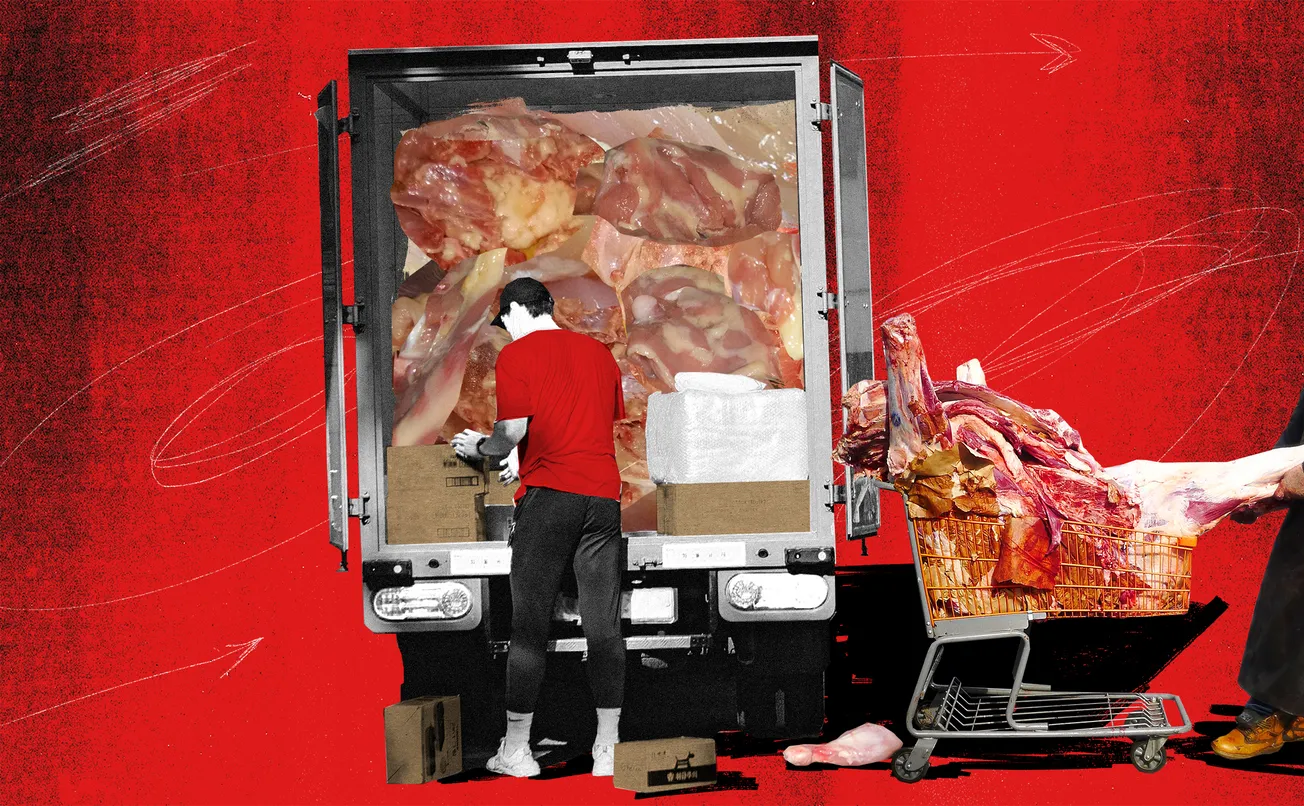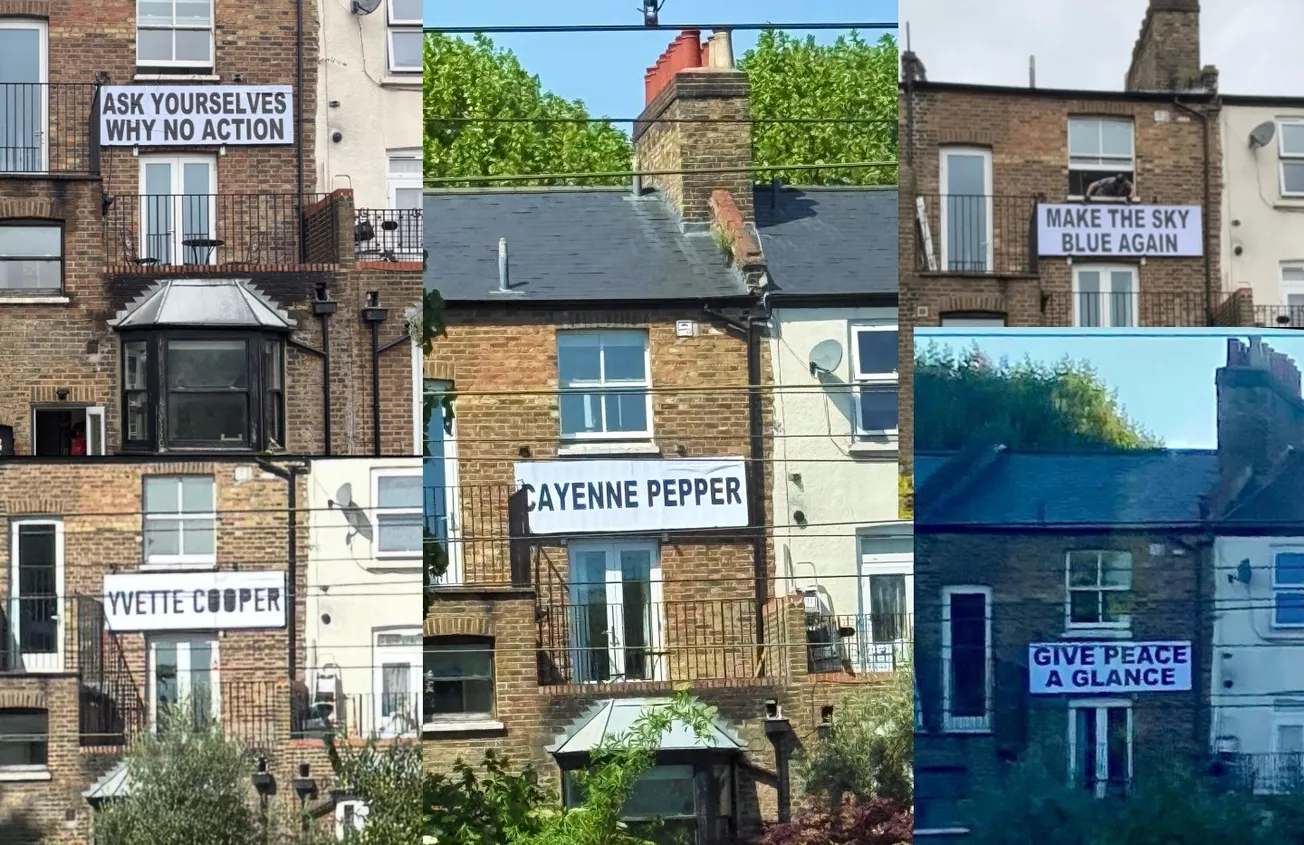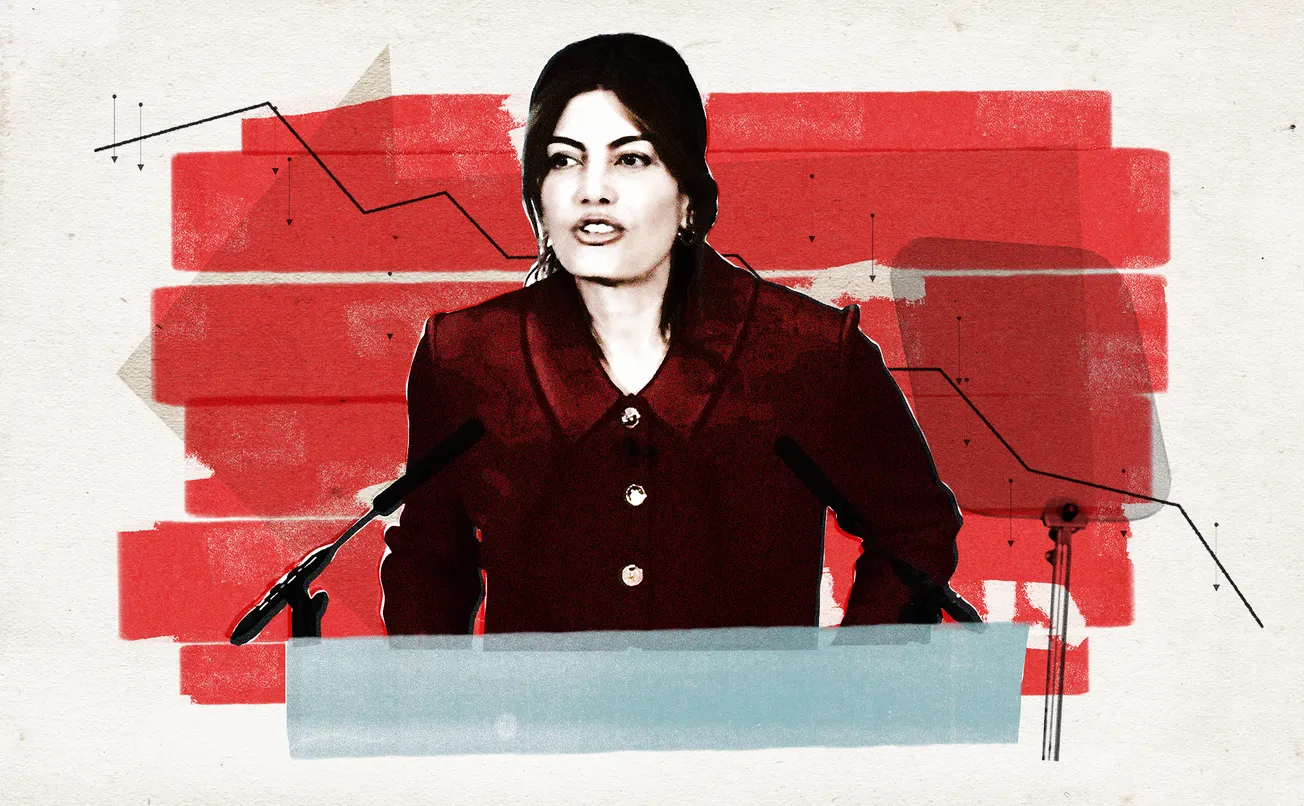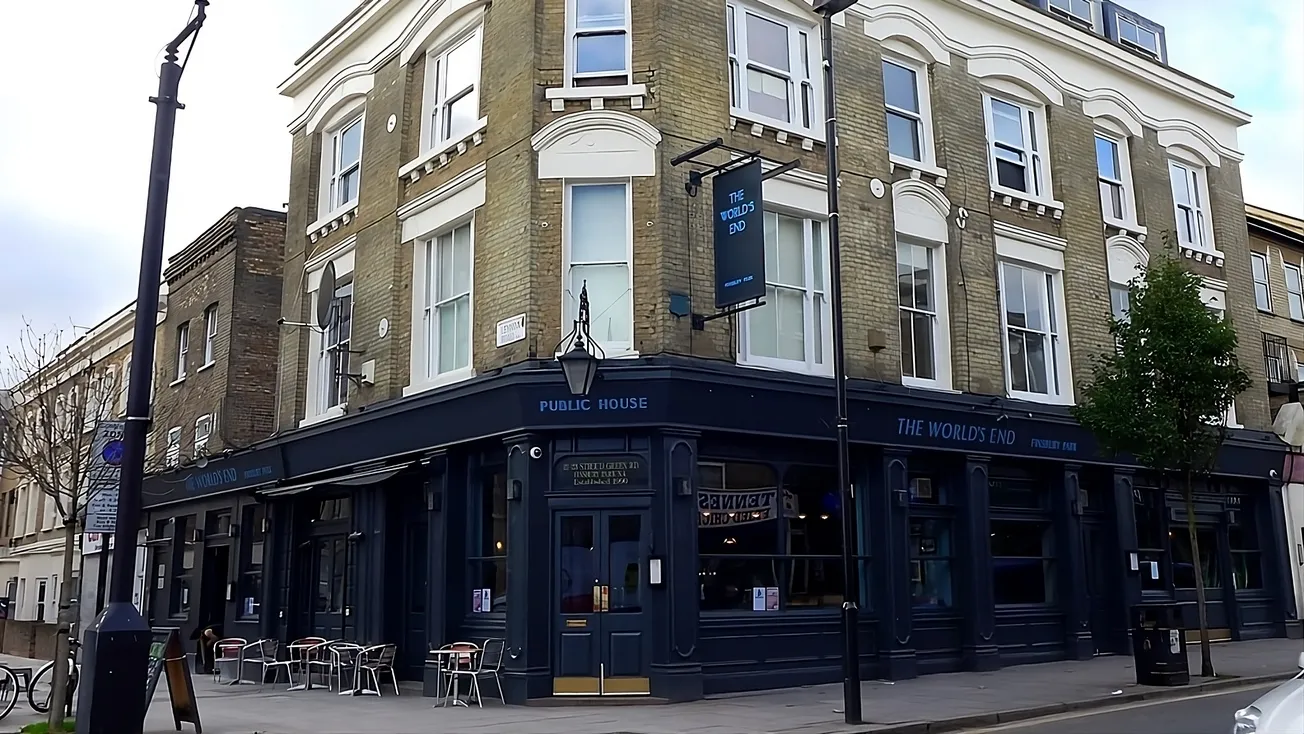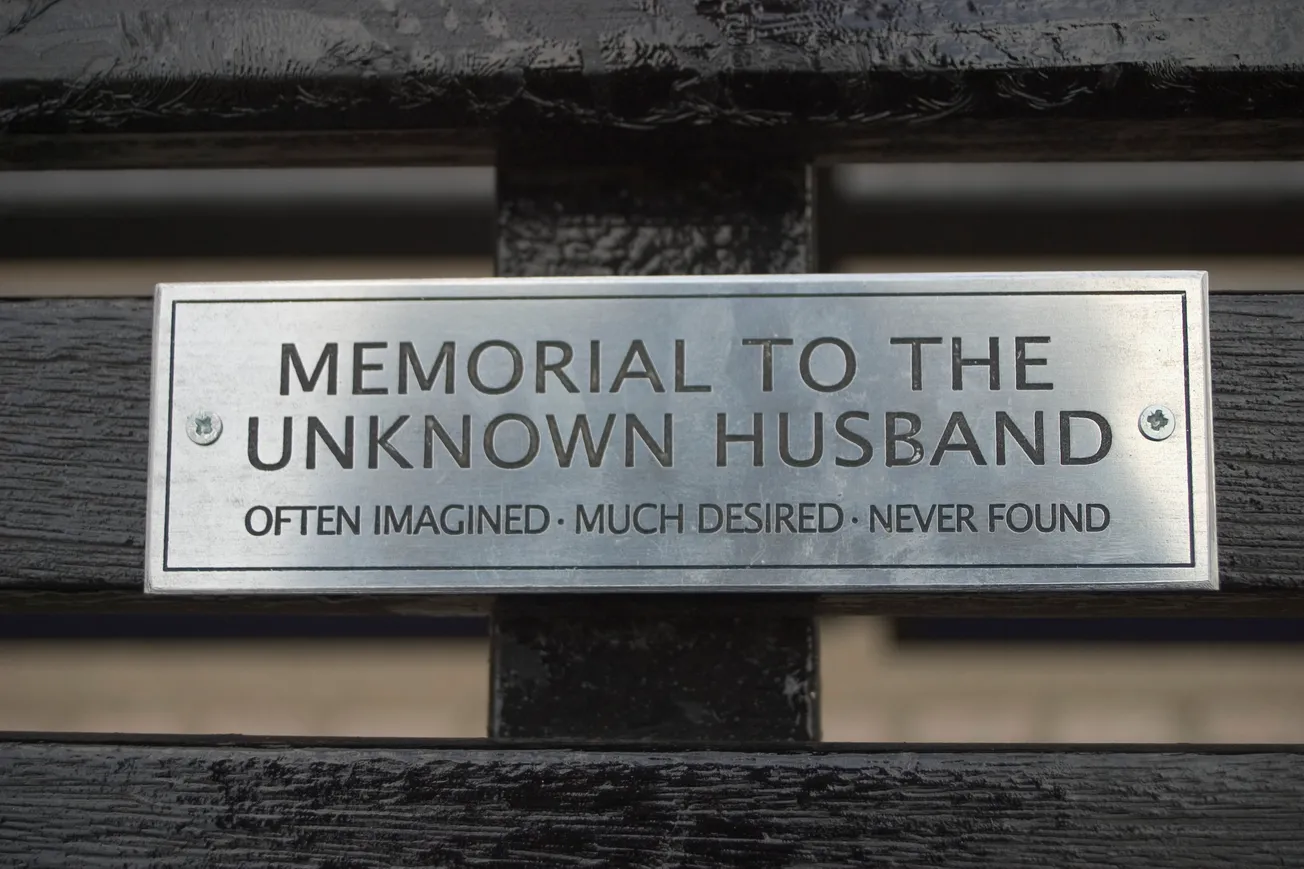To read today's thrilling (and frequently disgusting) deep dive into the city's tainted meat trade, you'll have to be a paying supporter of The Londoner. The good news? We're giving you 50% off your subscription for your first three months — just £4.95 a month. Becoming a member means you're at the forefront of a new media movement, as well as coming with loads of practical perks, such gaining access to all of our members-only content and getting invites to our members-only events. Act fast though, it can't stay forever.
When Reuben* arrived at Laugan Walk, he immediately smelt it: the sweet, sickly scent of rotting flesh, wafting out of a nearby ventilation shaft. He was there on that day in September 2020 on a tip-off. Residents of the stone-coloured council building opposite the private side road in Walworth had complained of a persistent stench to the Food Standards Agency, and of cartloads of rank yellow meat spoiling in the summer sun.
The gates to Laugan Walk were locked. But in truth, Reuben — a food safety officer at Southwark council — didn’t need to venture any further to sense something was wrong. There was a butchery somewhere. He just had to find it.
Trying a different approach, he entered an adjoining shop on Walworth Road. At first glance, nothing seemed too untoward. But then he noticed the head of a doorframe poking out behind a stack of boxes piled high in a corner of one of the rooms. Pushing them to one side, he found it — a secret entrance. He went inside. Passing through the corridor, he found himself in a dark, filthy room with paint peeling off the walls, where two startled workers were chopping up almost two tonnes of illegal meat. Chicken, lamb testicles and cow tongues, all being rinsed in lemon juice to disguise the smell.

On Tuesday 26 August, in a small wood-panelled courtroom at the Inner London Crown Court, Judge Noel Lucas KC sentenced four men for their roles in the crime ring that Reuben discovered. In a headmasterly tone, Lucas — around 60, wearing lilac robes and the customary curls — condemned the “disgustingly filthy” premises, and the risk that Azar Irshad, Anthony Fear, Mark Hooper and Ali Afzal had brought to hungry Londoners.
Fear, Irshad and Hooper had been convicted earlier in the year of conspiring to defraud the public, by diverting meat intended for pet food into London butcher shops. Afzal, who rented the cutting room premises to Irshad, was also convicted with him of a series of regulatory offences, such as placing unfit food on the market (including charred sheep heads, a popular West African delicacy known as “smokies”) and running an unapproved premises. Irshad, Afzal and Hooper confessed and pleaded guilty. But it was Fear’s stubborn insistence on his innocence which brought the case to the 12-week trial in front of a jury, which ultimately found him guilty too. The question, for Lucas, was what the appropriate sentence should be.
The hearing began last Wednesday, on a sunny enough day scored by the first whispers of autumn. It started, as with so many court cases across the country, with a delay. Irshad, 40, had somehow managed to end up in Wood Green, a solid 30 minutes north of our south London venue. He was tired, with a glazed look in his eyes.
London deserves great journalism. You can help make it happen.
You're halfway there, the rest of the story is behind this paywall. Join the Londoner for full access to local news that matters, just £8.95/month.
SubscribeAlready have an account? Sign In


